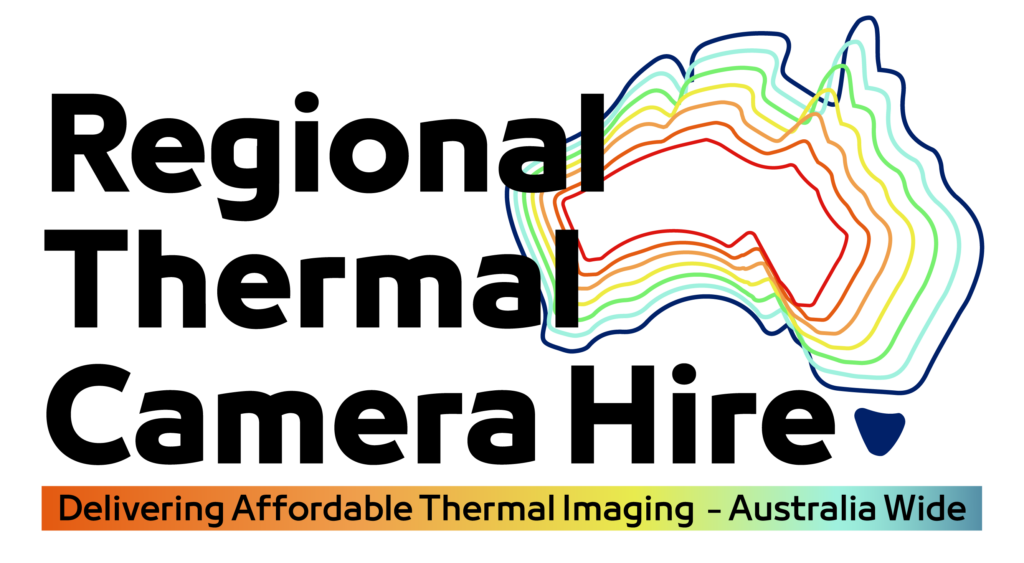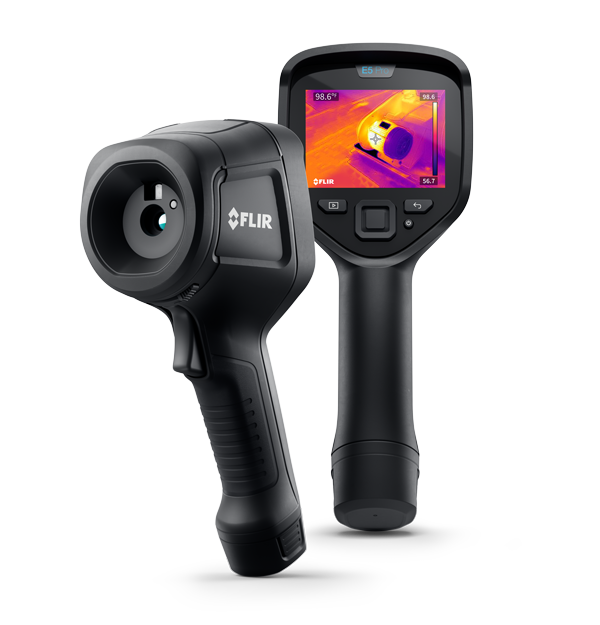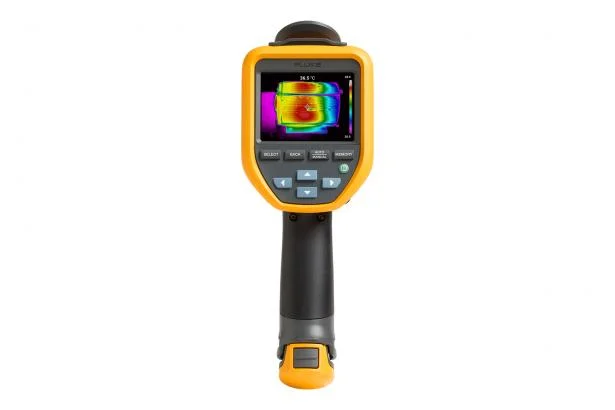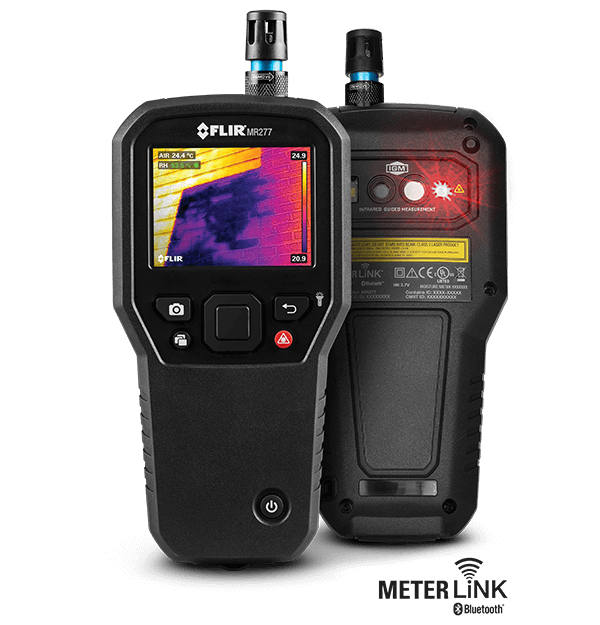A heat detection camera is a powerful tool used in a variety of industries, from building inspections and electrical diagnostics to mechanical maintenance, energy efficiency audits, and even veterinary practices. When deciding whether to buy or hire a thermal imaging camera, several factors need to be considered, including cost, frequency of use, the complexity of tasks, and the specific benefits a thermal camera brings to your work.
As a reputable hire business we encourage you to please consider the following – As a rule of thumb our overnight rate is one 30th of the cost of the purchase price to help build the strongest business case for hire.
Here’s a breakdown to help you decide whether it’s more beneficial to buy or hire a thermal imaging camera for your needs.
- When It’s Worth Buying a Thermal Imaging Camera
Buying a thermal imaging camera can be a great long-term investment if your work requires frequent use and high availability of the device. Here are situations where purchasing a camera might make sense:
- Frequent Use or Long-Term Needs
If you’re a professional in industries such as building inspections, electrical diagnostics, HVAC, mechanical engineering, or maintenance, and you require a thermal imaging camera on a regular basis, buying your own device may be the most cost-effective solution. Over time, frequent rental costs can surpass the purchase price of the camera.
- Example: A building inspector or an HVAC technician may use a thermal camera on almost every job to check for insulation issues, air leaks, or malfunctioning equipment. Owning a camera would save time and money compared to constantly hiring one.
- Need for Instant Access
Owning a thermal imaging camera gives you instant access whenever you need it. This is particularly important for professionals in time-sensitive fields, such as emergency maintenance or electrical diagnostics, where delays could lead to equipment failure or safety risks.
- Example: An electrician who needs to troubleshoot overheating electrical systems in an emergency situation will benefit from having a thermal camera on hand to diagnose the problem quickly.
- High-End, Specialized Use
If your work requires advanced thermal imaging capabilities, such as high resolution, temperature range, or specialized sensors (e.g., moisture detection like the FLIR MR277), buying a specific camera suited to your needs is worthwhile. This is especially true for industries like building restoration, energy audits, or industrial maintenance, where high accuracy and functionality are critical.
- Example: A restoration professional tasked with assessing water damage and mold risk may need a camera like the FLIR MR277 with integrated moisture detection, making ownership a better option for continuous access to specialized features.
- Long-Term Cost Savings
Although the initial cost of a thermal camera can be high, the long-term savings often justify the investment. Thermography camera cost is a significant consideration. If you’re renting frequently, rental fees can accumulate and end up being more expensive than owning the camera outright.
- Example: Over the course of a year, if you rent a camera multiple times for various projects, you could spend more on rentals than on purchasing a thermal camera upfront.
When Buying May Not Be Ideal
- Occasional Use: If your need for a thermal camera is rare, it may not be worth the upfront investment.
- Rapid Technological Change: If you expect rapid advancements in thermal camera technology and want to upgrade frequently, renting might offer more flexibility.
- When It’s Worth Hiring a Thermal Imaging Camera
Hiring a thermal imaging camera is ideal for short-term or occasional use, especially when you need access to high-end equipment without committing to a significant upfront investment. Here are situations where renting is the better option:
-
Infrequent or One-Time Use
If you only need a thermal camera for a specific project or on rare occasions, renting is more cost-effective. You can hire a high-quality camera for a fraction of the purchase price and return it after the job is done.
- Example: A homeowner wanting to perform a one-time energy efficiency audit or identify heat loss in their home would be better off renting a thermal camera rather than purchasing one for a single use.
-
Access to High-End Equipment Without High Costs
Hiring allows you to access advanced and expensive thermal imaging cameras, such as those with high resolution, broad temperature ranges, or specialized functions, without paying the full price. This is beneficial if you only need high-end equipment for short-term projects.
- Example: A contractor who occasionally performs detailed inspections on large commercial properties may rent a high-resolution camera for a week or two, completing the inspections without needing to purchase a premium camera.
-
Flexibility
Renting offers more flexibility because you can select different models based on the needs of each job. If you work in various environments or have multiple types of inspections, you can hire different cameras for each task.
- Example: A freelance building inspector might need a basic thermal camera for residential inspections one week and a high-temperature industrial camera for a factory audit the next. Hiring different models allows for versatility without committing to one specific camera.
-
Testing Before Buying
Hiring gives you the opportunity to test different models before making a purchase decision. This is particularly helpful if you’re unsure about the features or performance of a particular camera.
- Example: If you are considering buying a FLIR E5, Fluke TiS55+, or FLIR MR277, hiring one of these models for a week or month allows you to evaluate its performance in real-world scenarios before making a long-term commitment.
-
No Maintenance Costs
When you hire a thermal camera, the rental company is responsible for maintaining and calibrating the device. This saves you the cost and hassle of upkeep, especially for specialized equipment that may require regular servicing.
- Example: High-end thermal cameras often require periodic calibration to maintain accuracy. By hiring, you avoid this responsibility and can trust that the equipment is properly maintained and ready for use.
- Cost Considerations
Buying
- Initial Cost: Thermal cameras can range from a few hundred dollars for basic models to several thousand for advanced models like the Fluke TiS55+or FLIR MR277.
- Maintenance: Owning a camera means you’re responsible for its maintenance, calibration, and repairs, which can add to the overall cost over time.
- Long-Term Savings: If you use the camera frequently, buying will save you money in the long run compared to repeated rental fees.
Hiring
- Rental Costs: Rental fees vary depending on the model and duration
- No Long-Term Commitment: You only pay for the duration you need the camera, which is ideal for occasional use. You do not have to burden the full thermal camera price
- Access to Expensive Equipment: Renting allows access to high-end cameras without the upfront cost, making it more affordable for short-term projects.
- Factors to Consider When Making Your Decision
- Frequency of Use: If you’re using the camera regularly, it’s worth buying. For occasional use, renting is more cost-effective.
- Budget: Evaluate whether your budget can support the upfront cost of purchasing a camera, or if short-term rentals fit better within your financial constraints.
- Flexibility: Renting offers the flexibility to use different cameras for different jobs, whereas buying locks you into one specific model.
Conclusion
Whether you should buy or hire thermal imaging gun depends on your specific needs, budget, and how frequently you’ll use the device. Buying is ideal for professionals who need a thermal camera regularly and want the convenience of immediate access, while hiring is a great option for those with occasional use or for testing different models before committing to a purchase. In either case, both buying and hiring provide significant value in detecting thermal issues, improving diagnostics, and enhancing efficiency across many industries.



